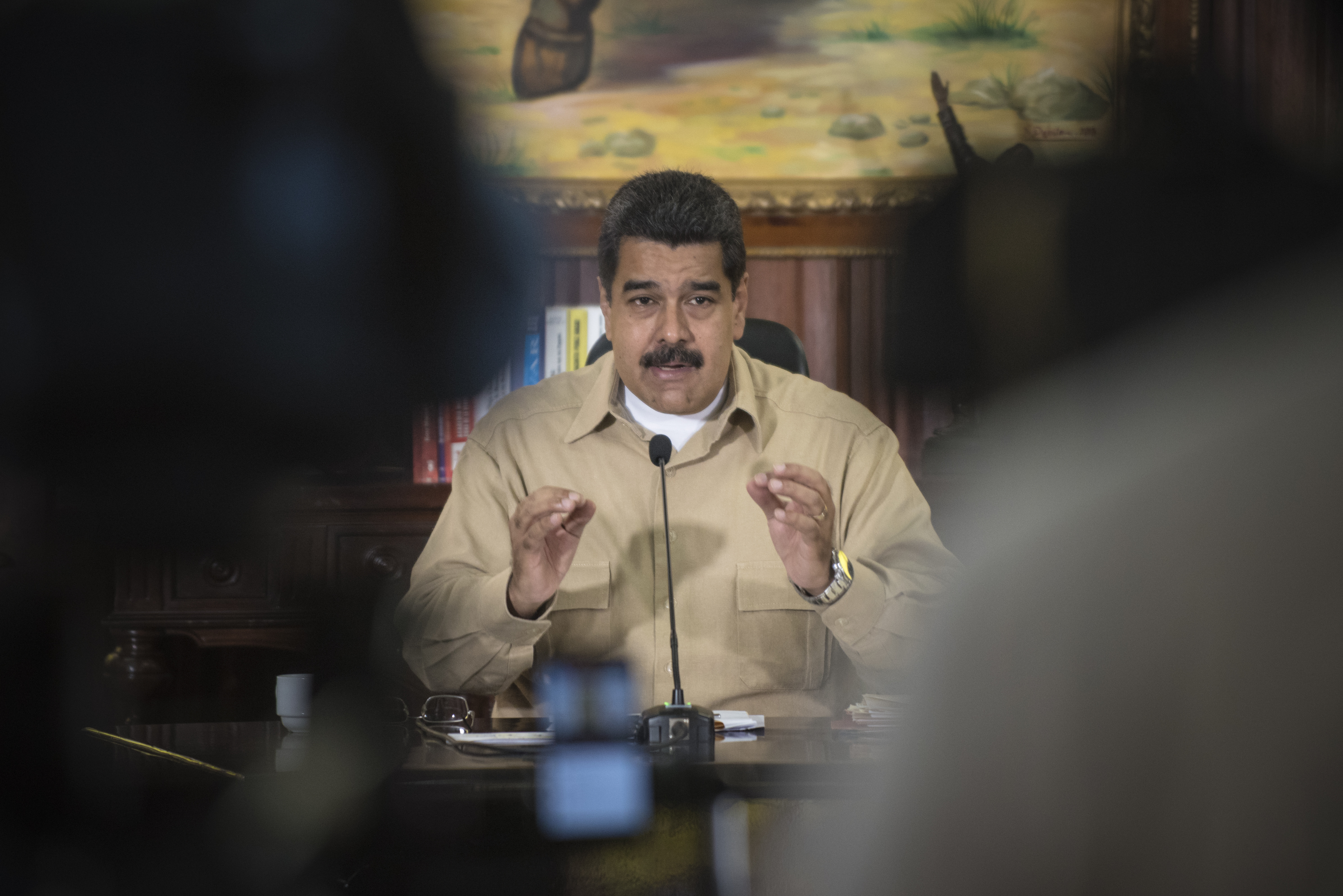Denmark Criticizes Trump
Don’t look now but the United States is now publicly being criticized by one of its closest allies.
Published by The Lawfare Institute
in Cooperation With

Don’t look now but the United States is now publicly being criticized by one of its closest allies.
For the last two decades, Denmark has been among the most loyal American allies. Since September 11, 2001, the Danish parliament has repeatedly decided to contribute Danish armed forces when the United States has gone to war. In fact, the knee-jerk reaction of most Danes is to support American policies in the international realm. Denmark supported–and joined–the controversial US-led invasion (and subsequent occupation) of Iraq. In Afghanistan, Denmark took the largest number of casualties amongst the ISAF-countries (as a share of population size), and popular support for a war that was mainly considered an American enterprise remained very high. In Libya, Danish F-16s were among the most active and engaged, and at present, Denmark is a key partner in the counter-ISIL mission. In most cases, Denmark contributes militarily without many of the infamous “caveats” that surround the contributions of other European states.
Moreover, Danish policymakers never scold their American counterparts. In fact, one will need to go back to the early 1970s and the debate about the Vietnam War to find a Danish prime minister that publicly expresses his or her concern with a U.S. administration. When Copenhagen on occasion disagrees with Uncle Sam (as all states do from time to time), the Danish government always keeps quiet about it or expresses concerns behind the scenes.
Until now, that is.
On June 5, this historical pattern changed abruptly when Danes celebrated their annual Constitutional Day. At a public gathering, Danish Prime Minister Lars Løkke Rasmussen distanced himself markedly from President Donald Trump and his decision not to sign the Paris Climate Accord.
Among other things, the Prime Minister stated the following (our translation):
Last week we saw a discouraging example of how global leadership can be jeopardized. President Trump stated that he will pull the United States out of the global climate accord adopted by his predecessor, myself, and 194 other leaders in Paris in December a year and a half ago.
It is a wrong decision. And I tried to convince the President of that during my visit to The White House in March.
But to be honest, I think the accord will survive … what I find really worrying is … that the United States by leaving the Paris Accord questions the value of broad international agreements.
In my eyes, it is a decision that is derived from a misunderstanding of what American national interests are.
The United States also undermines its own global leadership.
By pulling back from the position as the world’s only superpower and international leader … the United States is diminishing itself. It leaves the playing field to others. And that is a real concern of mine.
It is disconcerting to the free world that risks being left behind without a leader. And that ought to be a cause of concern here at home. If the world begins to fall apart, it will be of greatest risk to small countries that depend on others.
The Danish prime minister’s unusually outspoken criticism of the Trump Administration is well worth noticing. It is a clear sign that Trump’s policies create new dynamics in Europe. While there is every reason to be cautious, the statements by Løkke Rasmussen could signify that a long and trusted ally like Denmark has determined that it is now time to supplement its traditional reliance on the United States with a European alternative. It may therefore also signal a more profound and historical strategic shift away from the United States and towards Germany and continental Europe. Regardless, it is very bad news for transatlantic relations and for the West. When even the Danes start complaining and publicly criticizing the Americans, something is truly rotten in Transatlantia.



_c.jpg?sfvrsn=9bbcc085_3)
